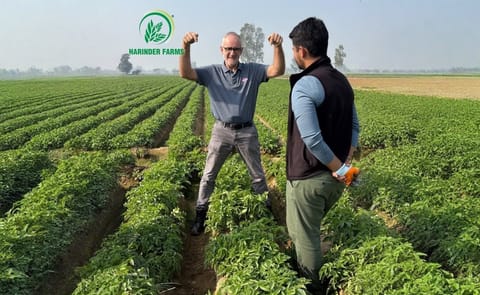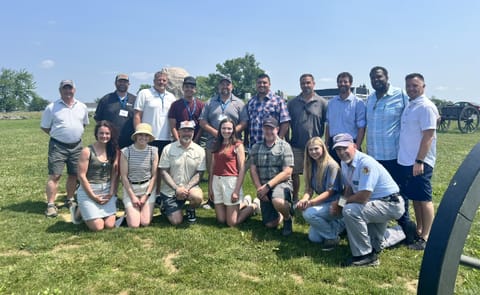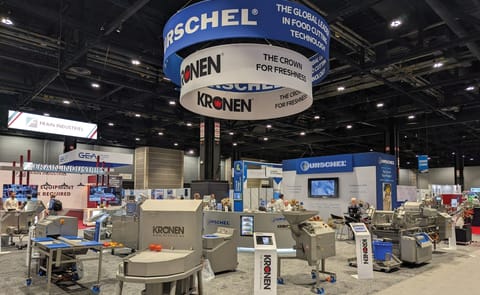In a case of recent success being no guarantee of future success, potato industry officials are trying to get a message through loud and clear to growers: Don’t plant more spuds than last year.
Even keeping acreage right where it is, they say, could be trouble.
In recent years, efforts by the Salt Lake City-based United Potato Growers of America and its state affiliates led to reduced potato acreage across North America and boosting f.o.b.s. According to the Perishables Group, West Dundee Ill., average retail prices for the category rose 16% in 2008.
Now United Potato, the Idaho Falls-based United Potato Growers of Idaho, the Manitoba-based Potato Marketing Association of North America and others are warning growers who see dollar signs dancing in front of their eyes not to get carried away.
“My approach has always been to encourage growers to be reasonable and rational,” said Frank Muir, chief executive officer of the Idaho Potato Commission, Eagle. “If you’ve been growing a certain number of acres and decide to increase it by 10-15%, unless there’s someone who’s reducing their’s by 10-15%, it’s not going to help you.”
Muir actually may be something of a moderate on the issue. At the extreme end are people like Joe Guenthner, agricultural economics professor at the University of Idaho, who predicts that even if growers freeze their acreage this year they could see significantly lower returns next season — assuming that yields, which were low last year in several major growing states, return to normal levels.
Even keeping acreage right where it is, they say, could be trouble.
In recent years, efforts by the Salt Lake City-based United Potato Growers of America and its state affiliates led to reduced potato acreage across North America and boosting f.o.b.s. According to the Perishables Group, West Dundee Ill., average retail prices for the category rose 16% in 2008.
Now United Potato, the Idaho Falls-based United Potato Growers of Idaho, the Manitoba-based Potato Marketing Association of North America and others are warning growers who see dollar signs dancing in front of their eyes not to get carried away.
“My approach has always been to encourage growers to be reasonable and rational,” said Frank Muir, chief executive officer of the Idaho Potato Commission, Eagle. “If you’ve been growing a certain number of acres and decide to increase it by 10-15%, unless there’s someone who’s reducing their’s by 10-15%, it’s not going to help you.”
Muir actually may be something of a moderate on the issue. At the extreme end are people like Joe Guenthner, agricultural economics professor at the University of Idaho, who predicts that even if growers freeze their acreage this year they could see significantly lower returns next season — assuming that yields, which were low last year in several major growing states, return to normal levels.












